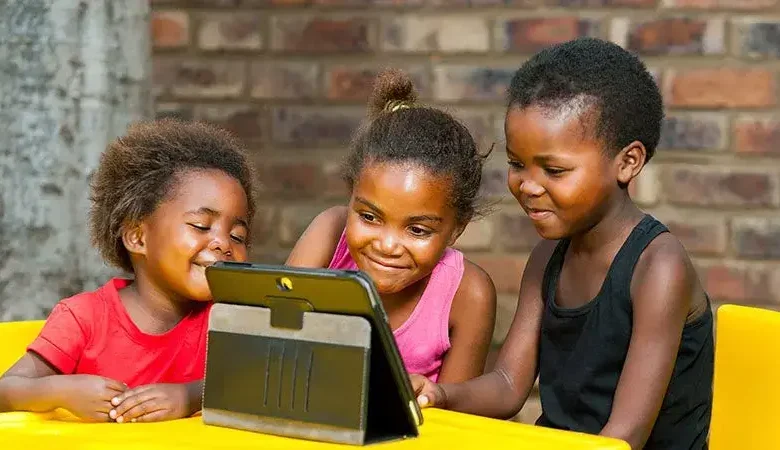Teaching Kids To Be Good Digital Citizens

The digital realm, a sprawling expanse of information and interaction, beckons the curious minds of children much like the allure of uncharted lands. As they embark on this virtual odyssey, it’s imperative for us to instill in them the acumen to navigate this terrain wisely and responsibly. Not unlike the way we caution them against getting into a car with a stranger, we must extend our guidance to the digital highways they travel. However, there’s more to traversing the digital world than mere cautionary tales. Equipping children with the social, emotional, and cognitive skills to adeptly handle digital life’s challenges is crucial in molding them into good digital citizens.
The Role of Kids Coding Classes in Digital Literacy
One novel approach to fostering digital citizenship is through coding classes for kids. These classes do more than teach programming; they are the crucibles where young minds learn to decipher the language of the digital world. In these classes, children learn not just how to code, but how to think logically, solve problems, and understand the digital environment they inhabit. This foundational knowledge empowers them to make informed decisions and interact responsibly online. The best coding classes for kids don’t merely impart technical skills; they embed ethical and critical thinking skills necessary for digital citizenship.
Beyond Safety – Fostering Empathy and Respect Online
Empathy in a Digital Context
While safety is paramount, good digital citizenship encompasses more than avoiding dangers. It involves cultivating empathy, understanding, and respect in online interactions. Just as children learn to be compassionate and considerate in the real world, these virtues must be translated into the digital space. We must teach them that behind every username and avatar is a real person with feelings and perspectives worthy of respect.
Critical Thinking – The Armor Against Misinformation
Navigating the Sea of Information
In an age where misinformation is rampant, teaching children critical thinking is akin to equipping them with a compass to navigate the vast sea of information. They need to discern between credible sources and dubious content. Encouraging them to question what they read, seek reliable sources, and cross-reference information fosters a habit of informed skepticism that is vital in the digital age.
Privacy and Identity – The Digital Mask and Shield
Understanding Digital Footprints
The concept of privacy in the digital world is akin to wearing a mask and carrying a shield. Children must learn the importance of guarding personal information and understanding the implications of their digital footprints. Just as one wouldn’t walk around with a name tag revealing all personal details, kids need to understand the value of privacy online.
Social Media Etiquette – Navigating the Virtual Social Sphere
Responsible Social Media Use
Social media is the modern-day Agora, a bustling marketplace of ideas and social interactions. Teaching children the etiquette of this virtual social sphere is crucial. They should learn to express themselves respectfully, understand the impact of their words, and navigate the complexities of online relationships with wisdom.
The Digital Citizen’s Journey – An Ongoing Process
Adapting to a Changing Landscape
Finally, good digital citizenship is not a destination but a journey. The digital landscape is ever-evolving, and children must be equipped to adapt to its changes. This requires ongoing conversations, continuous learning, and an open dialogue about the challenges and opportunities that the digital world presents.
Conclusion: Shaping the Digital Citizens of Tomorrow
As we guide our children through the labyrinth of the digital world, we are not just protecting them; we are shaping the digital citizens of tomorrow. By teaching them to be empathetic, critical thinkers who respect privacy and engage responsibly online, we are preparing them for a future where the digital and real worlds are inextricably linked. The journey is complex, but with the right tools and guidance, our children can emerge as confident and conscientious digital navigators.















